GPS technology has become an indispensable part of our daily lives, revolutionizing the way we navigate and interact with the world around us. From smartphones to vehicle navigation systems, GPS is present in almost every aspect of our lives, making it easier for us to find our way, plan routes, and stay connected. But have you ever wondered about the science behind this incredible innovation and its global impact?
The origins of GPS can be traced back to the Cold War era, specifically to the launch of the Soviet Union’s Sputnik in 1957. Scientists studying Sputnik’s doppler effect, which measures changes in frequency and velocity, laid the foundation for GPS technology. Today, GPS works by using a network of satellites and the doppler effect to accurately determine our location and velocity.
GPS technology has not only transformed the way we navigate but has also had a profound impact on society and the global economy. It has contributed to increased efficiency in businesses, improved customer satisfaction, and substantial economic growth. Since its availability for civilian and commercial use in the 1980s, GPS has generated approximately $1.4 trillion in economic benefits for the United States alone.
In the sections to follow, we will delve deeper into the mechanics of GPS technology, its impact on society, and its role in the global economy. Join us on this journey to explore the scientific marvels and far-reaching implications of GPS technology.
The Mechanics of GPS Technology
GPS technology relies on a network of satellites and receiving devices to determine the location of objects on Earth.
The GPS system consists of 24 satellites that orbit the Earth and continuously send out radio signals.
GPS receivers are programmed to receive information about the location of each satellite at any given time.
By measuring the time it takes for signals to arrive from at least four satellites, a GPS receiver can determine its own location. This method, known as trilateration, allows for accurate positioning in latitude, longitude, and altitude.
The accuracy of GPS data is enhanced by using multiple satellites, and GPS receivers can establish their location within one centimeter.
However, obstacles such as atmospheric disturbances and physical structures can interfere with GPS signals, leading to possible inaccuracies.
To mitigate this, GPS control and monitoring stations track the satellites and provide corrections to improve accuracy.
“GPS technology relies on the precise timing of satellite signals to provide accurate location data. By measuring the travel time of these signals, GPS receivers can calculate their position with remarkable precision.”
Satellite Signals and Timing
The key component of GPS technology is the accurate timing of satellite signals. Each satellite in the GPS system contains atomic clocks that generate incredibly precise timing information.
GPS receivers receive signals from multiple satellites and measure the time it takes for each signal to reach them. By comparing the arrival times of these signals, the GPS receiver can calculate the distance to each satellite.
Using the distances to multiple satellites, the GPS receiver can then triangulate its position on Earth. This process, known as trilateration, relies on precise timing and satellite signals to determine location with accuracy.
The mechanics of GPS technology, including satellite signals and precise timing, are crucial for accurate positioning and navigation. Despite potential interference, GPS control and monitoring stations continuously update the system to ensure accurate location data for users worldwide.
GPS Technology and its Impact on Society
GPS technology has revolutionized the way we navigate, communicate, and interact with technology, having a profound impact on society. It has become an indispensable tool in various industries, including transportation, agriculture, construction, emergency response, and financial transactions. GPS is widely used by aircraft, ships, trains, and vehicles for navigation and route planning, providing real-time directions and estimated arrival times.
One of the significant benefits of GPS technology is its convenience. Whether it’s finding the fastest route to a destination, avoiding traffic congestion, or locating nearby points of interest, GPS has made navigation easier and more efficient. By leveraging GPS technology, individuals and businesses can save time and effort, improving productivity and enhancing the overall travel experience.
GPS technology has also played a pivotal role in customer satisfaction. Businesses can leverage GPS to track shipments, provide accurate delivery updates, and offer location-based deals, enhancing the customer experience. For example, food delivery services can use GPS to provide real-time tracking of orders, allowing customers to know exactly when their food will arrive. This level of convenience and transparency has become an expectation in today’s fast-paced society.
Moreover, GPS technology has introduced us to the world of technology and its impact on society. It has shaped how we live our daily lives and rely on technology for convenience and efficiency. From the rise of location-based apps to smart wearable devices, GPS has become an integral part of our interconnected world, enabling seamless communication, and facilitating the integration of technology into our daily routines.
By bridging the gap between physical and digital realms, GPS technology has transformed the way we interact with our environment and navigate our surroundings. It has empowered individuals to explore new places, navigate unfamiliar territories, and discover hidden gems with confidence and ease.
GPS Technology in Emergency Response
In addition to navigation and convenience, GPS technology plays a crucial role in emergency response. With the ability to precisely locate individuals in distress, emergency services can quickly respond to accidents, natural disasters, and other critical situations. GPS-enabled devices such as personal locator beacons and satellite phones have proven invaluable in saving lives and ensuring timely help reaches those in need.
“GPS technology has revolutionized the way we navigate, communicate, and interact with technology, having a profound impact on society.”
GPS Technology in Agriculture
GPS technology has also transformed the agricultural industry, increasing efficiency, productivity, and sustainability. Farmers can utilize GPS-enabled equipment to optimize planting, apply fertilizers and pesticides precisely, and monitor crop health. This precision farming approach minimizes waste, reduces environmental impact, and maximizes crop yields.
GPS Technology in Transportation
In the transportation sector, GPS technology has revolutionized logistics and fleet management. Companies can track vehicles in real-time, optimize routes, and monitor driver behavior to improve efficiency, reduce fuel consumption, and enhance safety. GPS technology enables faster response times, better resource allocation, and improved customer satisfaction in the transportation industry.
Impact on Society Infographic
Below is an infographic summarizing the impact of GPS technology on society:

| Industry | Impact of GPS Technology |
|---|---|
| Transportation | Real-time navigation, route optimization, improved logistics |
| Agriculture | Precision farming, optimized resource utilization |
| Emergency Response | Precise location tracking, faster response times |
| Customer Service | Accurate delivery tracking, location-based offers |
GPS technology continues to shape our society and revolutionize various industries. Its impact on navigation, convenience, and overall efficiency cannot be overstated. As technology advances, GPS will likely play an even more significant role in our daily lives, driving innovation, enhancing safety, and providing new opportunities for growth and development.
GPS Technology and the Global Economy
GPS technology has had a significant impact on the global economy, contributing to economic growth and improving business efficiency. By harnessing the power of GPS, businesses have been able to expand their operations, increase productivity, and maximize profits.
One of the key benefits of GPS technology is its ability to track assets, such as vehicles and inventory, in real-time. This enables businesses to ensure the efficient use of resources and timely delivery of products. With GPS tracking, businesses can optimize routes, reduce fuel consumption, and minimize delays, leading to cost savings and increased customer satisfaction.
In addition, GPS technology has facilitated global trade by providing accurate shipping and delivery information. Businesses can track shipments and monitor their movement throughout the supply chain, ensuring that goods reach their destinations promptly. This level of transparency and reliability has fostered trust between trading partners and streamlined international trade processes.
Furthermore, studies estimate that GPS technology has generated approximately $1.7 trillion in economic benefits for the United States alone since its launch. This immense economic impact is a result of improved business efficiency and increased productivity across multiple sectors.
“GPS technology has transformed the way businesses operate, allowing for enhanced asset tracking, optimized logistics, and improved customer service. It has undoubtedly played a crucial role in driving economic growth and promoting innovation in various industries.”
Moreover, GPS technology has played a vital role in reviving the global economy after the stock market crash in 1929. Its implementation has led to the development of new industries, job creation, and increased global competitiveness.
In summary, GPS technology’s contributions to the global economy cannot be overstated. It has revolutionized business operations, enhanced supply chain management, and facilitated international trade. With its ability to track assets, optimize routes, and increase overall efficiency, GPS continues to fuel economic growth and innovation across industries worldwide.
Conclusion
The advent of GPS technology has completely transformed our world, redefining the way we navigate, conduct business, and live our daily lives. It has become an indispensable tool in our global economy, contributing to economic growth and enhancing business efficiency. By making navigation more accessible and efficient, GPS technology has improved customer satisfaction and streamlined various industries.
The impact of GPS technology on society and the global economy cannot be overstated. It has not only revolutionized how we navigate from point A to point B but has also provided real-time directions and estimated arrival times. In doing so, GPS has fundamentally changed the way we interact with technology and rely on it for convenience and efficiency in our everyday lives.
Furthermore, the global impact of GPS technology can be measured by the trillions of dollars it has generated in economic benefits worldwide. It has opened up new avenues for businesses to expand their operations, increase productivity, and optimize profits. The accurate tracking of assets, such as vehicles and inventory, has allowed for efficient resource utilization and timely delivery of products. GPS technology has also facilitated global trade by providing accurate shipping and delivery information.
As we continue to depend on GPS technology, it is crucial to ensure its resilience and address potential risks, such as satellite damage and hacking. Maintaining the continued global impact of GPS technology requires ongoing research and development to enhance its capabilities and safeguard it from threats. With its undeniable contribution to the global economy and its transformative effects on our daily lives, GPS technology will continue to shape our future and drive innovation in various sectors.
FAQ
What is GPS technology?
GPS technology is a radio navigation system that allows travelers to pinpoint their location and velocity using satellites and the doppler effect.
How does GPS technology work?
GPS technology relies on a network of satellites and receiving devices to determine the location of objects on Earth. By measuring the time it takes for signals to arrive from at least four satellites, a GPS receiver can determine its own location using trilateration.
What is the accuracy of GPS data?
GPS receivers can establish their location within one centimeter by using multiple satellites. However, obstacles such as atmospheric disturbances and physical structures can interfere with GPS signals, leading to possible inaccuracies.
In what industries is GPS technology widely used?
GPS technology is widely used in transportation, agriculture, construction, emergency response, and financial transactions.
How has GPS technology impacted businesses?
GPS has enabled businesses to expand their operations, increase productivity, and maximize profits. It allows businesses to track their assets, ensure efficient use of resources, and provide accurate shipping and delivery information.
What is the economic impact of GPS technology?
GPS has generated approximately
FAQ
What is GPS technology?
GPS technology is a radio navigation system that allows travelers to pinpoint their location and velocity using satellites and the doppler effect.
How does GPS technology work?
GPS technology relies on a network of satellites and receiving devices to determine the location of objects on Earth. By measuring the time it takes for signals to arrive from at least four satellites, a GPS receiver can determine its own location using trilateration.
What is the accuracy of GPS data?
GPS receivers can establish their location within one centimeter by using multiple satellites. However, obstacles such as atmospheric disturbances and physical structures can interfere with GPS signals, leading to possible inaccuracies.
In what industries is GPS technology widely used?
GPS technology is widely used in transportation, agriculture, construction, emergency response, and financial transactions.
How has GPS technology impacted businesses?
GPS has enabled businesses to expand their operations, increase productivity, and maximize profits. It allows businesses to track their assets, ensure efficient use of resources, and provide accurate shipping and delivery information.
What is the economic impact of GPS technology?
GPS has generated approximately $1.4 trillion in economic benefits for the United States alone since its availability for civilian and commercial use in the 1980s. It has played a crucial role in economic growth and innovation worldwide.
.4 trillion in economic benefits for the United States alone since its availability for civilian and commercial use in the 1980s. It has played a crucial role in economic growth and innovation worldwide.

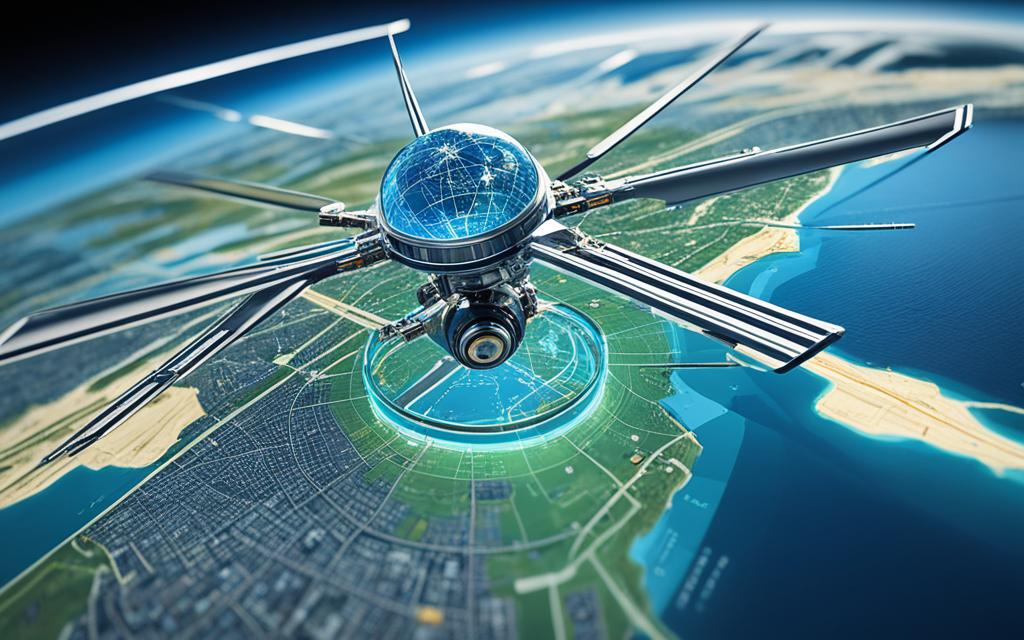


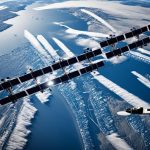
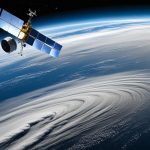

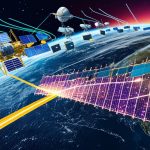
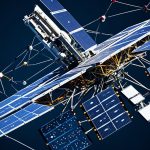
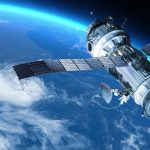
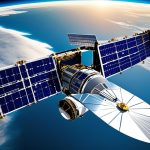
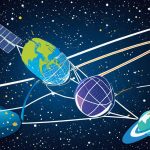
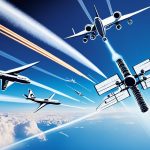


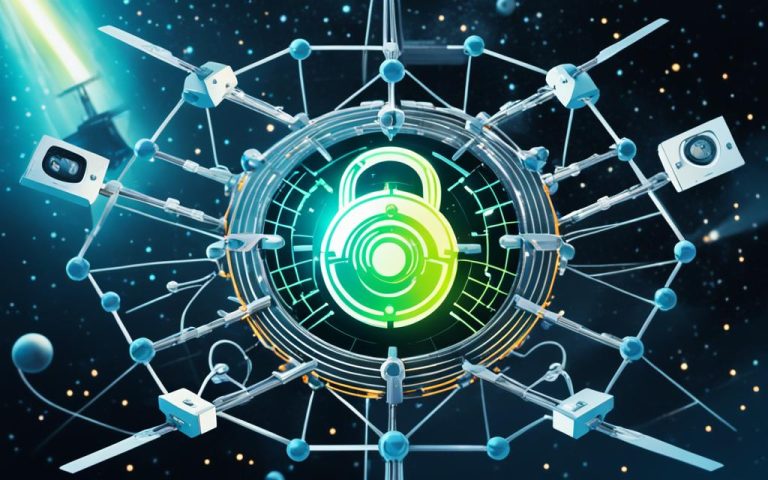
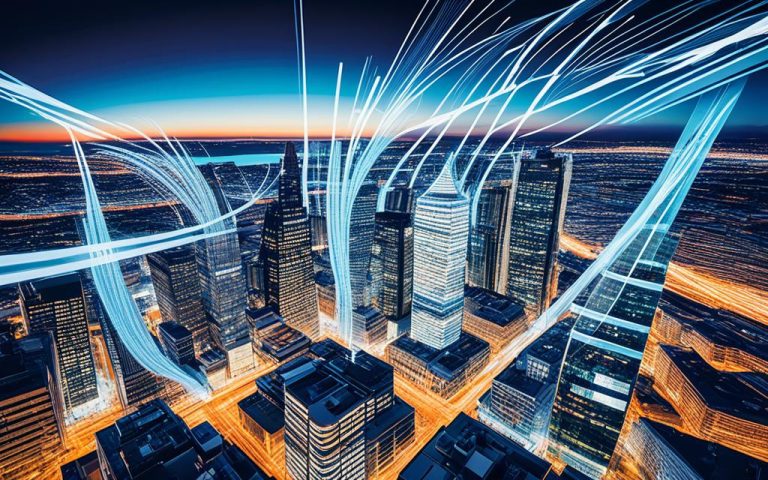


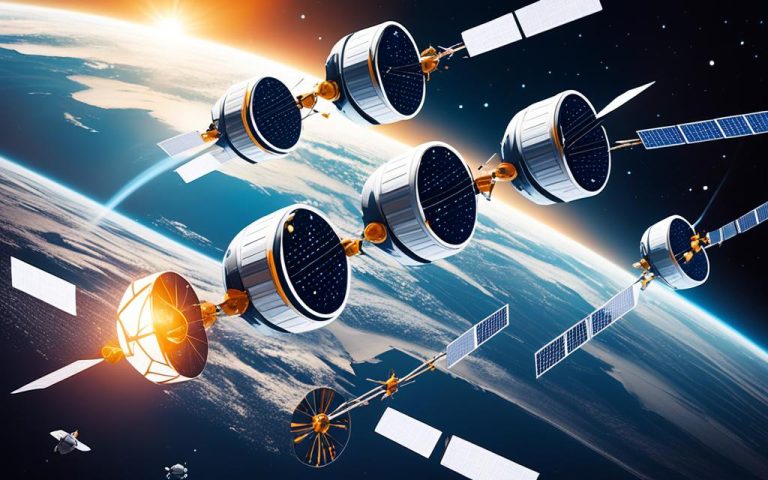
I sincerely appreciated the effort you’ve invested here. The sketch is tasteful, your authored material chic, however, you seem to have developed some uneasiness about what you aim to offer henceforth. Certainly, I shall revisit more regularly, just as I have been doing nearly all the time, should you uphold this climb.